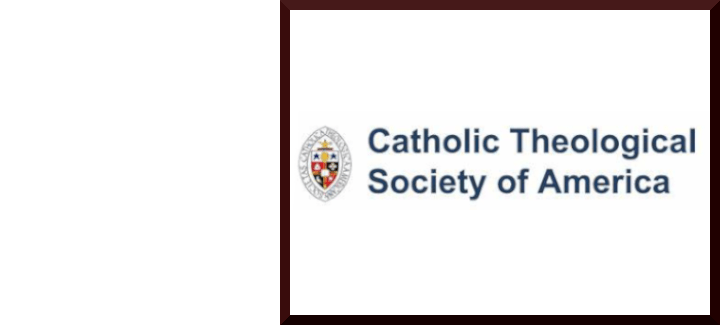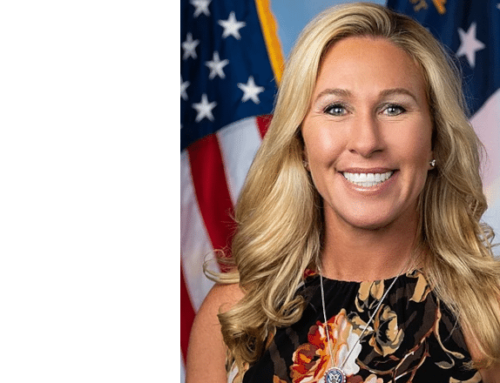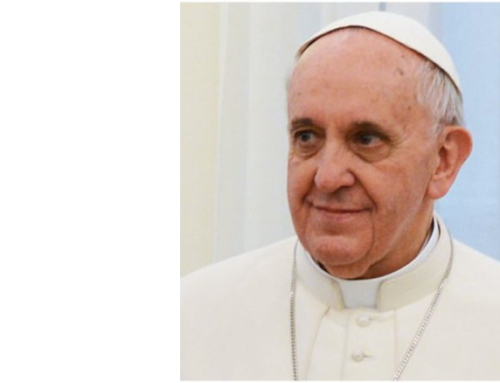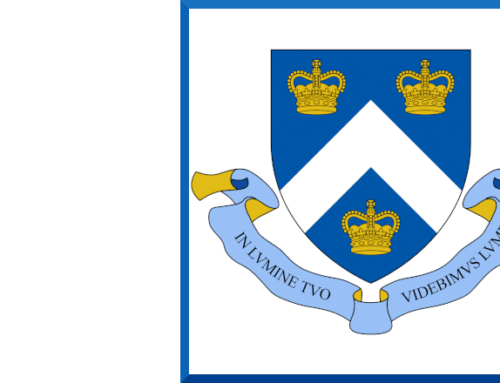If you asked 100 Catholics who Roger Haight is, less than one percent would know. That’s the way it should be. Truth to tell, the man is one of the most dishonored Catholic theologians in American history. That’s why he was the recent recipient of the most prestigious award given annually by the Catholic Theological Society of America (CTSA).
CTSA is to Catholic doctrine what the Flat Earth Society is to geography. More about them in a moment.
Roger Haight, like too many Jesuits, has a problem with fidelity. He was censured by the Vatican in 2004 for failing to adhere to the teachings of the Catholic Church.
Sandro Magister, the renowned Italian journalist who has covered the Catholic Church for decades, succinctly explained why Haight was censured. It was due to “the loss of substance of key truths of the Christian faith like the preexistence of the Word, the divinity of Jesus, the Trinity, the salvific value of the death of Jesus, the unicity and universality of the salvific mediation of Jesus and the Church, the resurrection of Jesus.”
Looks like Haight left nothing on the table. Had he worked at the New York Times and took a pro-life position, he would have been fired. But lucky for him he was just told to stop teaching theology.
Left-wing Catholics are very good at giving each other awards. In fact, they are masters of nepotism. So it was hardly surprising that CTSA would give its top award to Haight; he is a former president of the dissident organization. This kind of political stunt has a long history.
In 1969, CTSA elected Charles Curran president. Like Haight, his heretical views got him in big trouble. In 1997, the organization endorsed women priests. Some critics of CTSA, such as Catholic historian James Hitchcock, blame it for punishing orthodox Catholic faculty members.
Worse still is CTSA’s role in promoting the clergy sexual abuse scandal.
In the 1970s, it commissioned a book by Father Anthony Kosnik, Human Sexuality: New Directions in American Catholic Thought, that was used in seminaries across the nation. Kosnik taught that homosexual acts were not intrinsically evil, arguing instead that they need “to be evaluated in terms of their relational significance.” In doing so, he rejected Catholic sexual ethics as it had been understood throughout the ages.
Kosnik even went so far as to question the validity of condemning bestiality, never mind homosexuality. Human sexuality, he said, should be “self-liberating” and “joyous.” He was as blunt as anything found in Playboy. “The importance of the erotic element, that is, instinctual desire for pleasure and gratification, deserves to be affirmed and encouraged.”
The book won first prize by the Catholic Press Association.
As I argued in The Truth about Clergy Sexual Abuse, a normal seminarian who read this stuff would not be enticed to molest a minor. But an abnormal one—and the seminaries were loaded with disordered men in the 1970s—would likely interpret what Kosnik said as a green light.
It was not priests who were sexually uptight who preyed on adolescents—it was priests who followed their libido, not their vows. CTSA should own up to its destructive role. Ditto for the National Catholic Reporter, which to this day praises guys like Kosnik and Haight.







